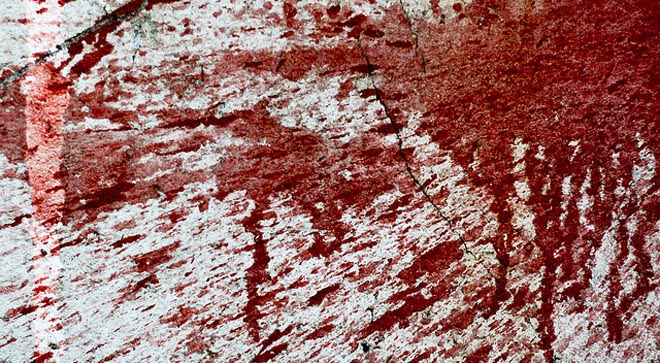
 Daliborlev (CC), Flickr
Daliborlev (CC), Flickr
Since last week, there has been some good news on the Ebola front: a suggestion that the epidemic in Liberia is beginning to slow down, with fewer new cases reported. At the same time, there is a new outbreak in Sierra Leone, in a part of the country that thought it had beaten the disease and then self-quarantined to keep it at bay. So it is probably too soon to hope that the entire international outbreak is on its way to being extinguished.
At the same time, two major international medical meetings happening this week have allowed researchers to discuss the newest reports from the field — but not with equal success. The annual meeting of the American Society of Tropical Medicine and Hygiene, the largest medical society devoted to diseases such as Ebola, lost a significant number of attendees when the conference’s host state, Louisiana, threatened to forcibly quarantine anyone traveling from a country experiencing Ebola, whether or not that person had been exposed. Meanwhile, Vienna, Austria had no such qualms, and so the International Meeting on Emerging Diseases and Surveillance proceeded without any difficulties, allowing physicians and epidemiologists fresh from the Ebola zone to share reports.
It’s from that second meeting that this week’s news comes. Oyewale Tomori, president of the Nigerian Academy of Science and a leader of the World Health Organization’s Ebola response in 1995, used the IMED podium to deliver a stinging critique of the behavior of African governments during the current crisis, charging that internal corruption has crippled the continent’s ability to fight its own disease battles.
Tomori previously criticized his own country’s response in the Guardian, charging a month ago that Nigeria did not take the disease seriously enough at first. But Nigeria is Ebola-free now, and from that platform, he was very blunt about how other countries failed their citizens.
I can’t find any video of Tomori’s talk online, but Kai Kupferschmidt, Berlin correspondent for Science, spoke to him immediately afterward, and their Q&A captures Tomori’s critique. Here are excerpts:
Q: You said in your talk that Ebola was “swimming in an ocean of national apathy, denial, and unpreparedness.” What did you mean?
A: We were totally unprepared. After the first cases occurred in West Africa, it took almost 3 months for WHO to know. When the first patient came to Sierra Leone and died, his son brought him back to Guinea and as far as Sierra Leone was concerned, it was Guinea’s problem. People abandoned their duty, they denied the problem, and when it became a big problem they became incapable of handling it…
Q: You seem angry.
A: …We have seen so many Ebola cases before, in the DRC, in Sudan, in Gabon. … Ebola is Africa’s problem. We should have put something in place. I remember in 1995, when we had the Kikwit epidemic, at the end we sat down at a table and discussed what we should do. There was a laboratory in Kinshasa built by the French; it was almost completed, but then abandoned. We had raised almost $2 million at the time. And we said: “Why not take a bit of that money and complete this lab and maintain it? Then at least when we have issues like this we can do quick testing.” But nothing happened. The carcass is still there…
Q: So why are African countries so badly prepared? Is it a question of money?
A: People say African countries are poor. But it’s not poverty. It’s misuse of what we have. As we are talking, with all the crises that are going on, the presidents of our countries are still traveling in the best of conditions. Some will come to New York in their private jets, although their national airlines collapsed years ago; in addition, they will bring along a long retinue of private, personal, and public assistants, all lodged in the best hotels. I am not saying the president should not be treated well, but these are issues we need to look at. Take my country: We do not have a national airline, but the number of private jets we have is more than all the airlines in Africa have together…
Q: Do you think this unprecedented outbreak will change things?
A: I wish I could say with confidence that in 10 years’ time we will not be where we are now with Ebola. But the countries have totally lost control of what is going on. If you go to Sierra Leone or Liberia today, there must be at least 10 international groups there. At the end of this epidemic, everybody will pack their bags and leave. The African countries will be left not really knowing what has happened to them. Like someone hit them smack in the face, totally disoriented. There will be millions of scandals about how money was misspent and so on. We will focus on those and move on. Ten years from now, people will have forgotten that there was Ebola and we will be back to where we started.
Go here to read the full Q&A. And while you are there, notice that Science, a subscription journal, has made its entire Ebola archive open-access in response to the crisis.
Homepage image: NIAID / Flickr